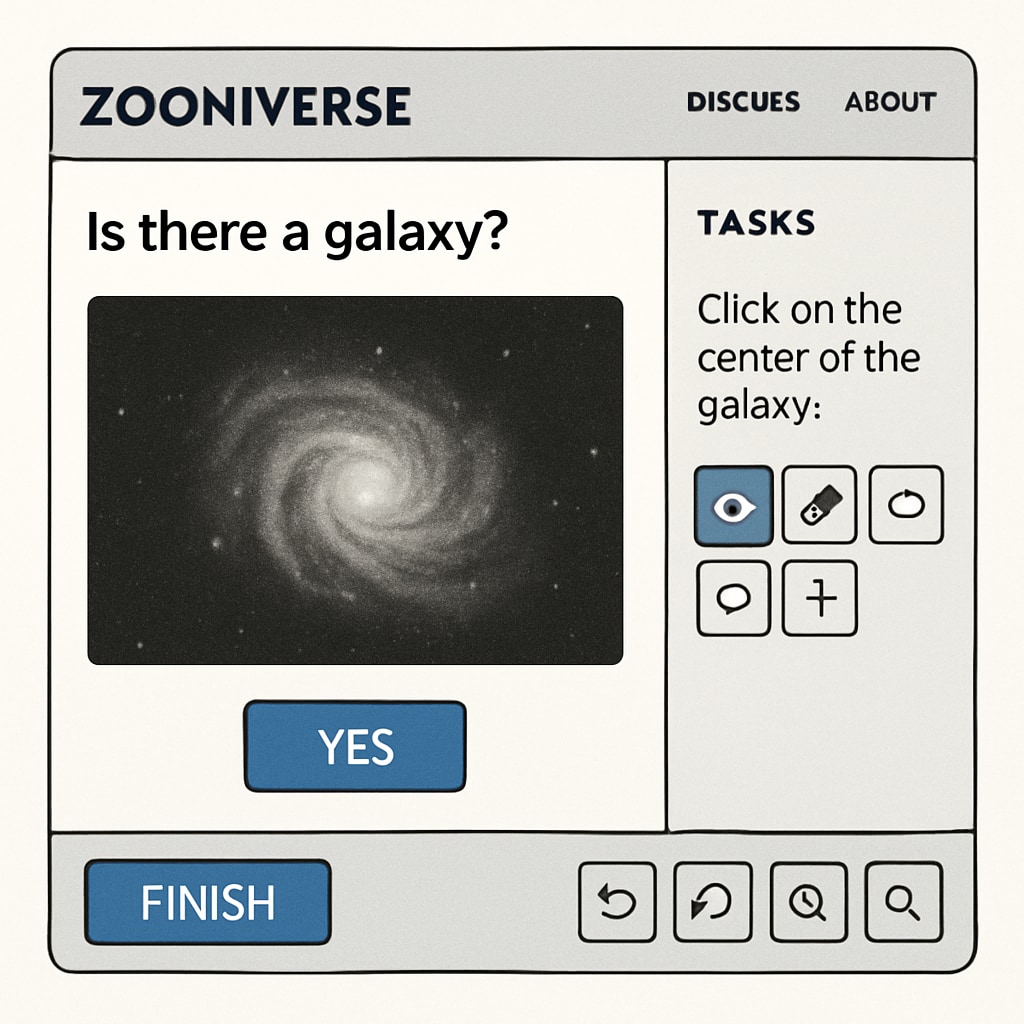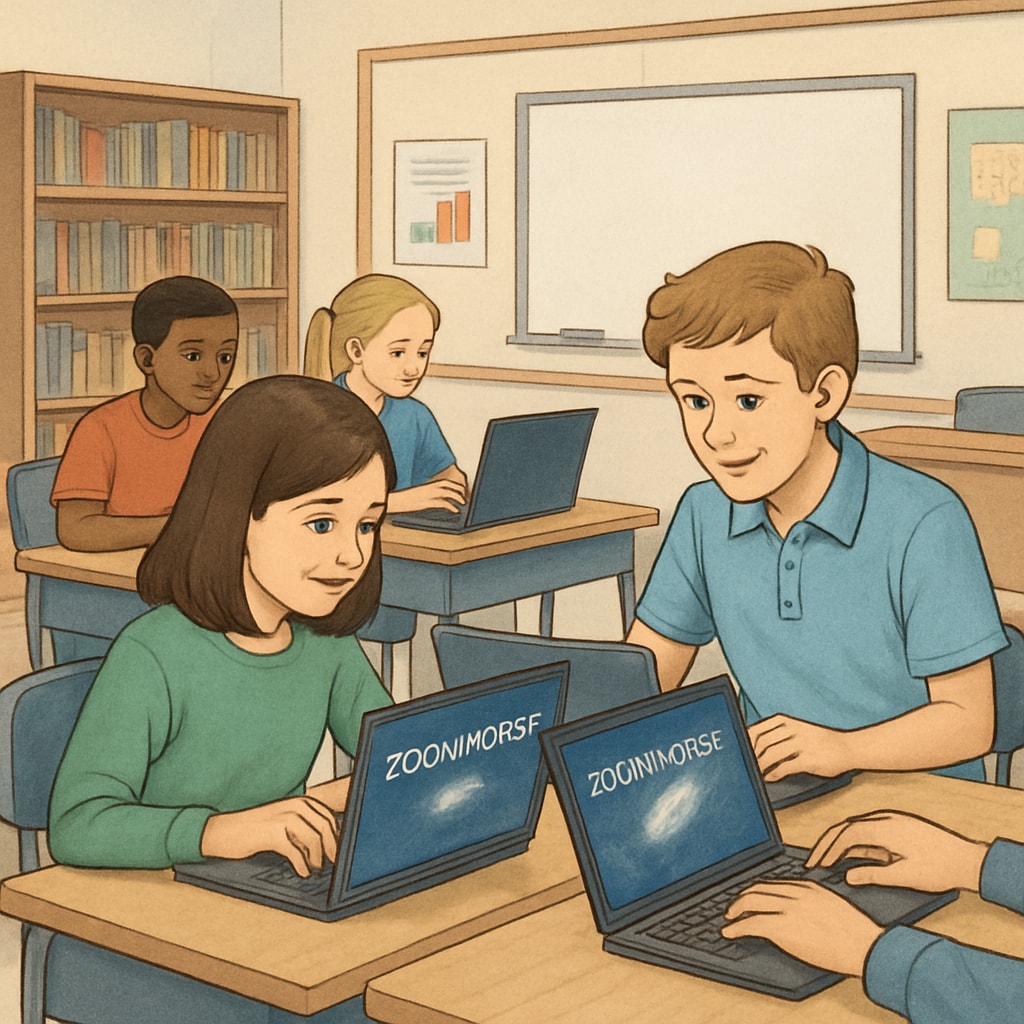Citizen science, Zooniverse, and scientific projects are revolutionizing the way K12 students engage with science education. Zooniverse, a world-renowned platform for citizen science, enables students to participate in real scientific research across disciplines such as astronomy, biology, climate studies, and more. By integrating this tool into classrooms, educators can transform passive learners into active scientific contributors, fostering curiosity and critical thinking skills.
What is Citizen Science and How Does Zooniverse Work?
Citizen science refers to public participation in scientific research, often through online platforms that connect volunteers with researchers. Zooniverse is one such platform, hosting diverse projects that require human input for data analysis and classification. For example, students can identify galaxies in astronomical images, transcribe historical documents, or track animal migrations.
The platform is designed for accessibility, making it easy for students of all ages to contribute meaningfully to scientific discoveries. Researchers provide clear instructions and tutorials, ensuring students understand their tasks and the broader scientific context.

Why Incorporate Zooniverse into K12 Education?
Integrating Zooniverse into K12 education aligns with several key goals of modern teaching practices:
- Active Learning: Students become participants in ongoing research rather than passive recipients of textbook knowledge.
- Scientific Literacy: Engaging with real data and scientific processes helps students understand and appreciate the methods scientists use to investigate the world.
- Interdisciplinary Skills: Projects often involve elements of math, data analysis, and even history, broadening students’ skill sets.
For example, Zooniverse hosts projects like Jurassic Plants, where students can assist paleontologists in identifying fossilized plant species. Such experiences make abstract concepts tangible and exciting.
Practical Ways to Use Zooniverse in Classrooms
Teachers can use Zooniverse as a supplementary tool for various subjects. Here are some practical applications:
- Science Projects: Assign students a Zooniverse project relevant to their curriculum, such as analyzing climate data or studying animal behaviors.
- Group Work: Encourage collaboration by having students work in teams to contribute to a single project, fostering communication and teamwork skills.
- Critical Discussions: Use project findings as a basis for classroom debates or presentations, helping students articulate scientific concepts and ethical considerations.
In addition, Zooniverse provides downloadable resources and teacher guides to assist educators in seamlessly integrating these projects into lesson plans.

Success Stories of K12 Students in Citizen Science
There are numerous examples of K12 students making meaningful contributions through Zooniverse. For instance, students participating in a project to classify galaxies helped researchers identify previously unknown celestial structures. Another group of students transcribing weather logs from historical ships contributed to climate change studies.
These success stories highlight the potential for young learners to impact scientific research. As a result, students gain confidence in their abilities and develop a deeper appreciation for science’s role in society.
Conclusion: Empowering the Next Generation of Scientists
Zooniverse is more than just a platform; it is a gateway for students to step into the shoes of real scientists. By incorporating citizen science projects into K12 education, educators can inspire curiosity, foster critical thinking, and equip students with the tools to solve complex problems. As a result, students not only learn science but actively contribute to it, making education a transformative and empowering experience.
Ready to bring citizen science into your classroom? Visit Zooniverse’s official website to explore projects and resources tailored for educators and students.


